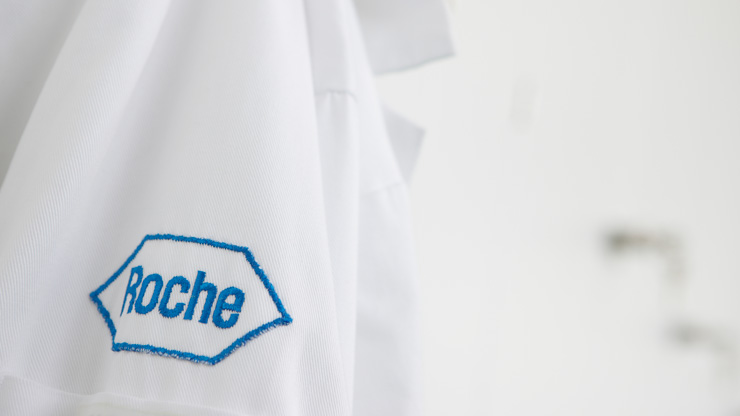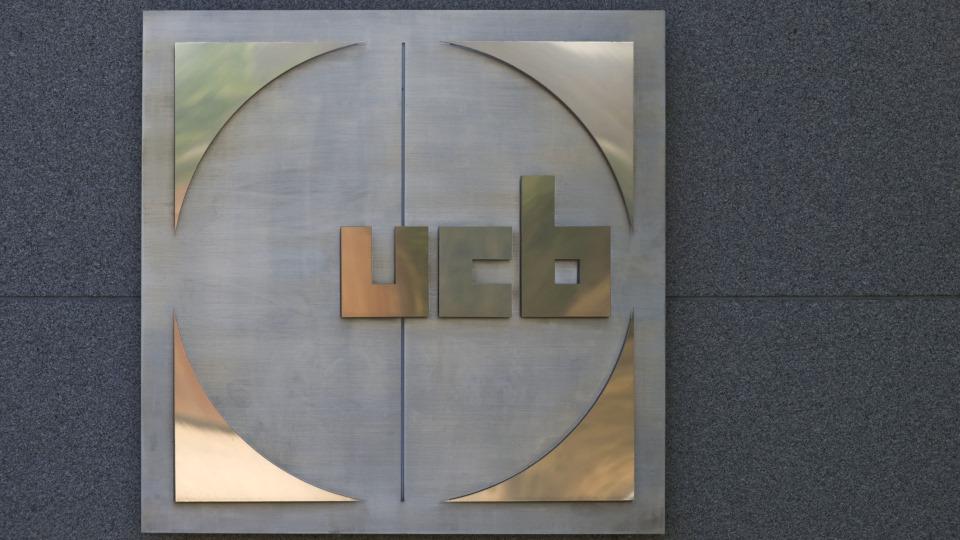CHMP backs Roche's lymphoma bispecific mosunetuzumab

Roche is on the brink of its first regulatory approval for what could be the first bispecific antibody targeting CD3 and CD20 – mosunetuzumab – after getting a positive opinion for the drug from the EMA's human medicines committee.
The drug has been recommended by the CHMP for approval as Lunsumio as a single-agent treatment for relapsed or refractory follicular lymphoma (FL), a form of non-Hodgkin lymphoma (NHL), after two or more prior systemic therapies.
The positive opinion makes it likely that the EU will be the first market for the bispecific, ahead of the US where mosunetuzumab was due to be filed for approval in the early part of this year.
If approved, the drug could be an "off-the-shelf" therapy for FL patients that could offer an alternative to CAR-T therapies from the likes of Gilead Sciences and Novartis, which have a complex manufacturing and administration procedure that includes cell harvesting, genetic modification and expansion, and re-infusion into patients.
It could also be an outpatient option for patients with this type of cancer, according to Roche's chief medical officer Levi Garraway, who said the CHMP decision "acknowledges the potential of mosunetuzumab as an efficacious, readily available, fixed-duration option, and brings the possibility of new hope to people living with this disease."
More than 28,000 people in Europe are diagnosed with FL each year, according to Roche, and most relapse within five years of their first treatment. After two or more therapies have been tried options become very limited.
The recommendation is based mainly on the results of a phase 1/2 study of mosunetuzumab which showed a complete response rate of 60% and a median progression-free survival of around 18 months when used as a third-line or later therapy.
Analysts at Evaluate are predicting mosunetuzumab could make more than $500 million in sales in 2026, although other predictions go as high as $1 billion.
The positive opinion is also good news for Biogen, which activated an option to participate in the development and commercialisation of mosunetuzumab in February with a onetime $30 million fee and an agreement to help fund development expenses.
Biogen – which is facing a minimal market for its new Alzheimer's therapy Aduhelm as well as competitive pressure to other top medicines – will share any operating profits generated by mosunetuzumab in the US, in the low to mid 30% range. It is also in line for low single-digit royalties on sales elsewhere.
Tecentriq as adjuvant NSCLC therapy
Meanwhile, the CHMP also recommended approval of Roche's checkpoint inhibitor Tecentriq (atezolizumab) as an adjuvant treatment for early-stage, PD-L1-positive non-small-cell lung cancer (NSCLC), after surgical resection and platinum-based chemotherapy.
The indication, which has already been approved in the US, gives Tecentriq an opportunity to muscle into an area of the NSCLC market not inhabited by Merck & Co's dominant Keytruda (pembrolizumab) and estimated to be worth around $1 billion.
Merck is fighting back however, and last month reported the results of its own pivotal trial of Keytruda as adjuvant therapy for early-stage NSCLC, setting up regulatory filings.












